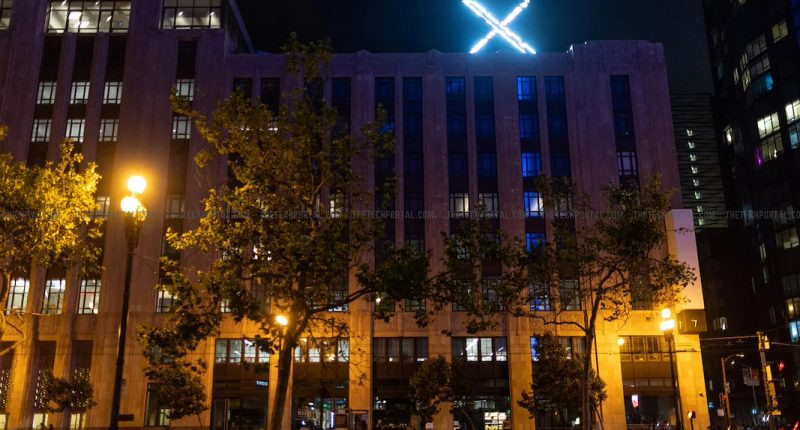Social media censorship debate recently caught heat in India when the official X account of International news agency Reuters became inaccessible in the country. The heat is now only growing further with X officially stating that it was indeed the Govt. which had skied it to censor the same. The Indian govt., which had already denied any involvement, has refuted this claim again, albeit with a rather controversial ‘technical’ reasoning.
X meanwhile, has announced that the Indian government had issued an order on July 3 to block a total of 2,355 accounts within India, including the official handles of the international news agency Reuters (@Reuters and @ReutersWorld). This assertion from X has ignited a dispute, as the Indian government has denied issuing any fresh blocking orders on that date.
X’s Global Government Affairs handle announced the same via a public post, stating that the Ministry of Electronics and Information Technology (MeitY) had mandated immediate action (within one hour) without providing specific justification. The order, issued under Section 69A of the IT Act, allegedly required these accounts to remain blocked until further notice, with non-compliance risking criminal liability for the platform. X further claimed that following a “public outcry,” the Indian government subsequently requested the unblocking of the Reuters accounts. The two international accounts belonging to Reuters were indeed inaccessible to users in India on Sunday, July 6, displaying a message indicating they had been “withheld in IN in response to a legal demand,” before being reinstated later the same day.
The government, however, has contradicted X’s narrative, denying any new blocking order on July 3. An official spokesperson from MeitY stated that there was “no requirement from the Government of India to withhold the Reuters handle,” adding that the government had no intention to block prominent international news channels. Furthermore, the Ministry asserted that as soon as the Reuters accounts were blocked on X, it immediately engaged with the platform, urging their unblocking. MeitY claimed it “continuously engaged and vigorously pursued” X from the late night of July 5, yet X “unnecessarily exploited technicalities” and delayed the unblocking of the URLs. According to the Ministry, X finally unblocked Reuters and other associated URLs after 9 PM on July 6, taking over 21 hours to comply.
While X claimed a fresh order on July 3, government sources had previously indicated that the blocking of the Reuters accounts might have been an erroneous or belated enforcement of an older order. A government source, quoted by news agency PTI, suggested that an order had been issued on May 7, during “Operation Sindoor.” Although Reuters’ accounts were part of that broader list, they were not blocked at that specific time. Officials suggested X might have mistakenly enforced that outdated order now, and the government had since sought an explanation from X and requested the immediate lifting of the ban.
X has consistently expressed deep concern about what it terms “ongoing press censorship” in India due to these blocking orders. The platform has vowed to explore all available legal options, noting a particular challenge in that, unlike individual users located in India, X is restricted by Indian law in its ability to directly challenge these executive orders in court. The company has encouraged affected users to pursue their own legal remedies through the Indian judicial system. This is not the first instance of a legal clash between X and the Indian government.
X has previously challenged the government’s blocking orders in the Karnataka High Court, arguing that they lack adequate safeguards and violate due process. In a petition filed in March, X requested the court to declare that Section 79(3)(b) of the IT Act does not authorize the government to issue blocking orders to intermediaries in a manner that bypasses established procedures under Section 69A. The platform has also sought to amend its petition to include a demand to scrap Rule 3(1)(d) of the Information Technology Rules, which it contends grants government agencies broad powers to order content removal.
The Tech Portal is published by Blue Box Media Private Limited. Our investors have no influence over our reporting. Read our full Ownership and Funding Disclosure →






